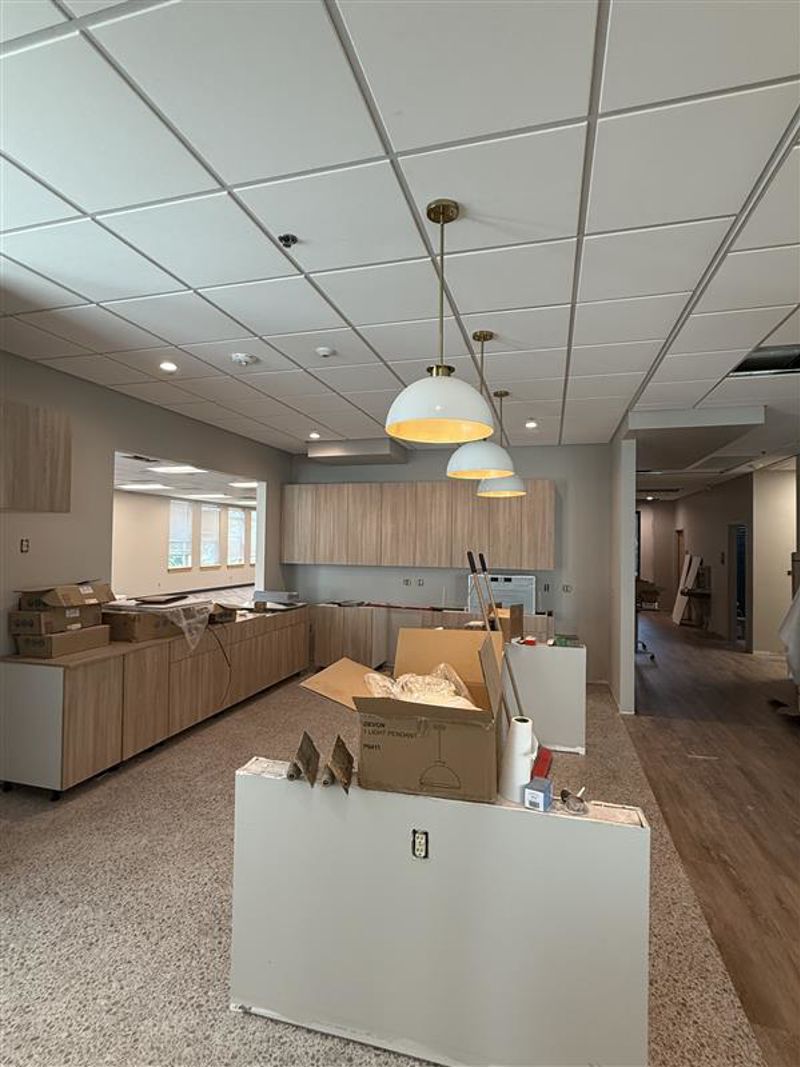Reasons for Replacement Cost
The properly-ascertained replacement cost of an automobile, for example, lets the insurer offer the right amount of auto insurance coverage to the policyholder that will cover the cost of car repairs or replacement without needing to pay too much out of pocket - either through premiums to insure their car in the first place or to have it fixed or replaced once a claim is filed.
Accurate replacement cost also helps the insurer provide the appropriate compensation if a claim is filed, while charging the correct premium amount to keep the item covered when there are no claims. The precision of replacement costs helps insurers set appropriate premiums and helps keep premiums lower for other policyholders in the risk pool.







